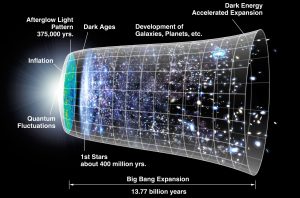White Too Long: The Legacy of White Supremacy in American Christianity by Robert Jones is making the interview and excerpt cycle, here and here. I’m on the fence whether to read it since I think I get the gist from the excerpts and interviews, though I do often read controversial social criticism, social science, and religious thinking (Charles Murray, Coming Apart; Ehrman, Heaven and Hell; etc.). I inevitably learn something new. Here, though, the meta question is how a major religion that makes truth and moral claims to its adherents can harbor and tolerate something as repugnant as slavery and racism. Now, it might be argued that slavery and racism were simply part of our shared human past where tribes and nations vied for resources and land, but this of course argues against the possibility that religious traditions reflect some kind of special truth insofar as we are wedded to the idea that slavery and racism are bad, always and everywhere. Yet, from the “curse of Ham” to the endless support for slavery in the Old and New Testaments, and even the skin color tribal curses in Book of Mormon, there was plenty of ammunition for recent religious communities in America to be supportive of white supremacy, much less slavery.
And this is where the pale and nerdy comes in. In his review of Lawrence Krauss’s A Universe from Nothing (which I also own) in the New York Times, physicist and philosopher David Albert took Krauss to task for bothering with the whole effort of trying to seriously engage with religious arguments concerning the origins of the universe at all:
… Read the restWhen I was growing up, where I was growing up, there was a critique of religion according to which religion was cruel, and a lie, and a mechanism of enslavement, and something full of loathing and contempt for everything essentially human.







